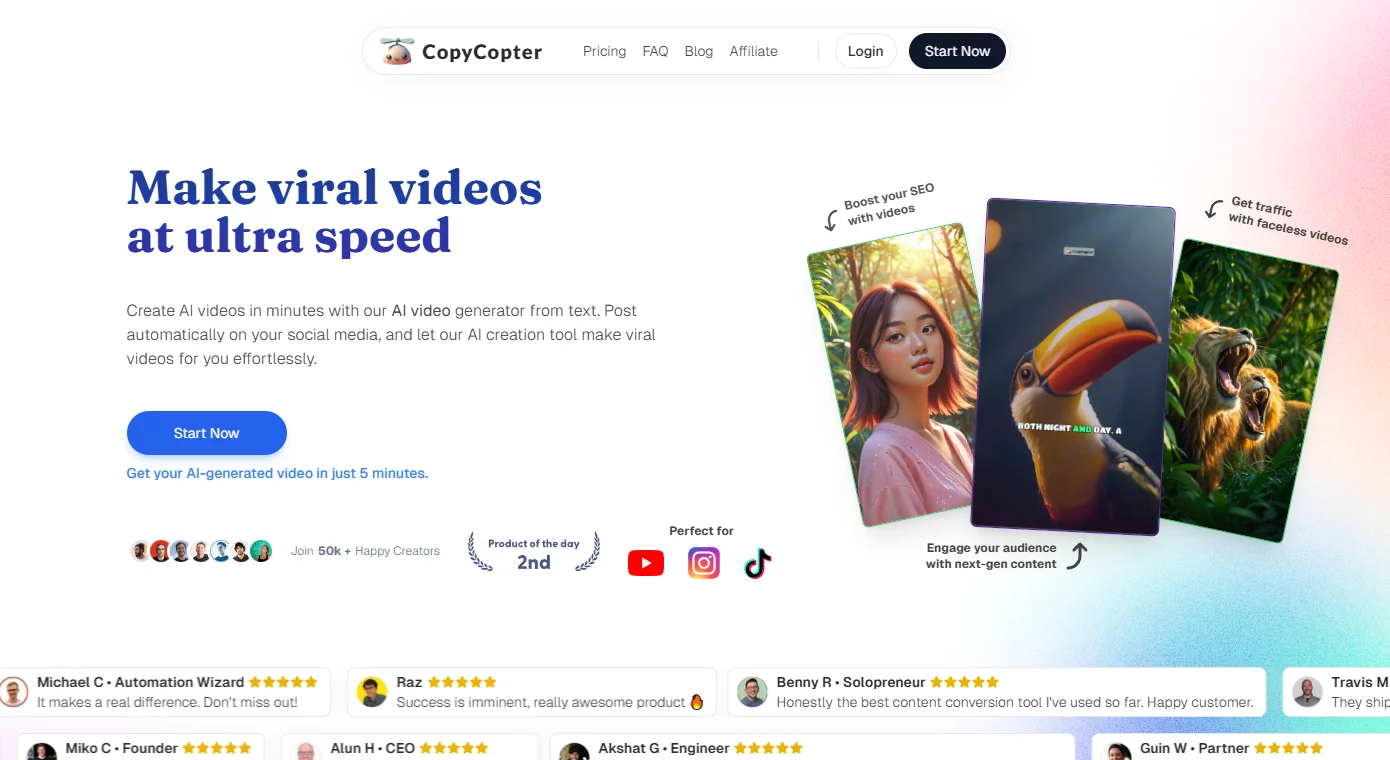Nvidia has been sued by three authors who claim that the chip manufacturer used their copyrighted books without permission on its AI platform. Several AI companies are now facing lawsuits over copyright issues, creating a legal gray area.
This proposed class-action lawsuit was filed on Friday night (March 8) in the federal court in San Francisco. Brian Keene, Abdi Nazemian, and Stuart O'Nan allege that their works are part of a dataset containing approximately 196,640 books, which was used to train the NeMo platform.
They claim that these books were used to simulate "ordinary written language" and were then taken down in October due to "reported copyright infringement." The lawsuit mentions specific works, including the 2008 novel "Ghost Walk," the 2019 "Like a Love Story," and the 2007 short story "The Last Night of the Lobster."
The plaintiffs are seeking unspecified compensation for their copyrighted works being used to train the NeMo language model for over three years in the United States.
The NeMo platform is an end-to-end, cloud-native framework for "building, customizing, and deploying generative AI models" anywhere. As part of the model, a key workflow is the ability to "build chatbots that accurately answer domain-specific questions using the latest information in natural language."
Nvidia has not yet commented on this lawsuit.
AI and Copyrighted Works
Nvidia is not the first AI company to be involved in copyright-related lawsuits. In late 2023, The New York Times published an article titled "The New York Times Sues OpenAI and Microsoft for Copyright Infringement Using AI."
According to the report, the newspaper's "millions of articles" were used to train an automated chatbot. In the lawsuit, the publishers stated that they raised concerns about their intellectual property usage with Microsoft and OpenAI several months ago in April and explored a "friendly resolution."
In February 2024, OpenAI filed a motion in federal court attempting to dismiss some key elements of the lawsuit. Currently, the case is still ongoing.
OpenAI is also involved in another lawsuit brought by several authors, including comedian Sarah Silverman, who accuse ChatGPT of stealing their works. In February 2024, part of this lawsuit was dismissed.








